Lighting up Long Covid
An important new mechanistic study and a blitz of other reports that help our understanding
The New Study
This week Science published a major multinational, prospective study of people with Long Covid and controls, as shown below. A unique aspect was to systematically assess nearly 6,600 proteins in the blood, across 268 blood samples, and see which ones were associated with Long Covid at 6 and 12 months. This is an agnostic type exploration, hypothesis-free, letting the data talk— seeing what bubbles up as potentially important, without preconceived bias.
The findings included lower levels of anti-thrombin III, higher levels of thrombospondin-1 and von Willebrand factor—known factors associated with blood clots. Using machine learning to model the data for predicting Long Covid at 6 months, activation of the complement system was identified, and verified by an independent data set for predicting Long Covid at 12 months.
Oh no, not the complement cascade! It’s complicated, with 3 different pathways for activation and all these C components, which few of us remember from biology classes. Hard to keep it all straight. But let’s get it simplified.
As seen below, the findings of the study are pulled together by complement activation whereby the terminal (bottom) C factors (C5b, C6, C7, C8, C9) bind to the blood vessel (endothelial) wall and help propagate tissue injury (thrombocytes are platelets) and promote both inflammation and micro-clotting.
That’s seen well below, with this vicious cycle, an auto-amplification loop of local complement activation, endothelial damage, driving more and persistent complement activation and tissue injury, as noted in the accompanying commentary. The finding of monocyte-platelet aggregates in the Long Covid participants goes along with this schematic.
Besides activation of the complement system, another activation was seen with cytomegalovirus (CMV) and Epstein-Barr virus (EBV) specific antibodies, with the former correlating with extent of symptoms.
It’s not the first report about the central role of complement dysregulation. A preprint by Baillie and colleagues had many similar findings, and highlighted the alternative complement pathway activation (of the 3 pathways). This new work adds substantially to 2 other major reports in published in Nature of immune dysregulation in Long Covid, the work by Akiko Iwasaki and colleagues and the recent report by Nadia Roan, Timothy Henrich and colleagues each identifying different parts of innate and adaptive immunity that are out of whack, with systemic inflammation. Many of the findings overlap, such as re-activation of CMV and EBV. The Science paper may get to a/the molecular mechanism underpinning the dysregulation. Another report, but in people with myalgic encephalomyelitis (ME/CFS) this week, using single-cell sequencing, found similar immune dysregulation with monocytes and platelet activation, which gets worse with exercise.
When we reviewed what was known about Long Covid, as published a year ago, 3 of the principal mechanisms thought to underlie the condition—immune dysregulation, immune priming, and microvascular blood clotting—are captured by the complement activation story.
The new report offers hope that complement markers in the blood can be used as a biomarker, which is something we really need in the clinic to confirm diagnosis, provide an objective way to follow patients under treatment, and help develop effective treatments. Furthermore, there are complement inhibitor drugs (such as pegcetacoplan, iptacopan, and vemircopan) used for rare immune diseases that might be worth consideration for testing in Long Covid.
Brain and Long Covid
Two new reports further our understanding of potential damage to neurons in the central nervous system. Both are worrisome.
A UK national study of Long Covid at 1-year (preprint) longitudinally assessed 351 patients who required hospitalization and over 2,900 matched healthy controls. The cognitive deficits were marked and equivalent to the impact of 20-years of aging. Furthermore, biomarkers of brain injury indicated the process of tissue damage was persistent, and the loss of grey matter adds further to the concern on the extent of the hit.
A different way to assess SARS-CoV-2 brain injury was the use of human induced pluripotent stem cells in culture and verification of findings in patient autopsy specimens. It turned out that dopamine neurons were selectively targeted by SARS-CoV-2 infection and this induced accelerated aging, also seen at post-mortem, and the effects were blunted by 3 drugs: metformin, imatinib, and riluzole. The authors contextualized the study with this final statement: "Given our findings, we posit that over the coming years, there is a need to closely monitor COVID-19 patients for an increased risk of developing Parkinson's disease related symptoms." That’s important to keep in mind in light of the marked rise of Parkinson’s disease decades after the 1918 influenza pandemic. Add this to the list of known unknowns for Covid long-term sequelae, which of course we hope not to see but need to be watchful for conditions that are not manifest in the early years.
Substantial Protection by Vaccination
There are new reports on the protection vs Long Covid afforded by vaccination, both in adults and children. A 3-country study from the UK, Spain and Estonia (with 4 cohorts) of more than 10 million vaccinated and 10 million unvaccinated reinforced the magnitude of protection from previous studies of 40% reduction, with the mRNA vaccines doing about 15% better than the AstraZeneca vaccine. Of note, the protection vs Long Covid was especially notable in people who were not at risk of severe Covid. Recall, the national study in Sweden published last November found an overall 58% vaccination protection, which varied according to number of doses (1-21%, 2-59%, 3-73%).
The striking dose relationship for protection in the Sweden national study can be seen in this graph below made by Katelyn Jetelina and Kristen Panthagani.
The largest study for vaccination protection in kids was just published this week, with vaccine effectiveness against Long Covid higher in teens (50%) as compared with children ages 5-11 (24%).
These new reports strongly reinforce how important it is to keep boosted—the protective effect against Long Covid has not been emphasized enough.
Vaccine After Long Covid?
Akiko Iwasaki, Harlan Krumholz, and colleagues at Yale preprint published a small prospective study of 16 people with Long Covid who underwent vaccination , along with in-depth assessment of their immune response and symptoms. Akiko has a great thread that goes through the findings, with a variable response with respect to symptoms, lack of increased auto-antibodies or evidence of virus reactivation, improvement of spike-specific T cell response in most of the participants, and overall improvement in median physical and social scores following vaccination. This area is still woefully under-studied.
New Review Articles
Two reviews on the cardiovascular impact of Long Covid, one from Johns Hopkins, and the other one from Karolinska in Sweden zooming in on autonomic dysfunction are well done. Readers of the latter have expressed concerns about some of the conclusions regarding exercise management. Otherwise, these are both excellent and quite comprehensive.
There was also a new report on the gastrointestinal complications of Long Covid.
Congressional Testimony at US Senate Committee
On January 18th, patients and researchers had the opportunity to present and respond to questions. The 7 person testimonies and video can be found at the link, including Angela Meriquez Vazquez, Rachel Beale, Nicole Heim (parent of child with LC), Michelle Harkins, Ziyad Al-Aly, Charisse Madlock-Brown, and Tiffany Walker. My friend and collaborator, Ziyad Al-Aly, pointed out “The burden of disease and disability from Long Covid is on par with the burden of cancer and heart disease.”
Summary
There’s a lot here from the past couple of weeks! Most importantly, we have multiple independent confirmations of the immune dysregulation in people with Long Covid via controlled studies. We may be closer to a biomarker with the central finding of persistent complement activation, which would help in both managing individuals with Long Covid and clinical trials testing candidate interventions.
The new publications that confirm the protective power of vaccination against Long Covid cannot be underscored enough. There is general lack of awareness of this benefit of vaccines, and except for not getting Covid or a reinfection, it is the best way to protect against Long Covid.
The potential neurologic damage that is occurring from Covid continues to be underestimated, as the 2 new publications highlight, in addition to many previous ones that have demonstrated neurooinflammation-induced injury.
We desperately need large, rigorous, randomized clinical trials to test treatments. So far the only one we have is a gut microbiome intervention as I previously reviewed, from Hong Kong, and not yet replicated.
Into our 5th year of Covid, the chronic sequelae of Long Covid, which can be profoundly disabling, and continue to be inadequately acknowledged. The risk has not gone away, especially with the massive number of infections globally that have been seen during the JN.1 variant rise to dominance. Fortunately, the science and research presses on to illuminate the pathobiology and means of prevention. Hopefully, 2024 will the year we finally get some validated treatments to alleviate so much suffering that’s out there.
Thanks for reading, subscribing and sharing this post.
All content on Ground Truths—newsletter analyses and podcasts—are free.
Voluntary paid subscriptions all go to support Scripps Research.
BTW, we’re celebrating our 100th year anniversary!

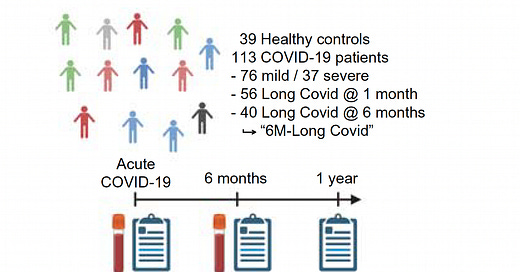



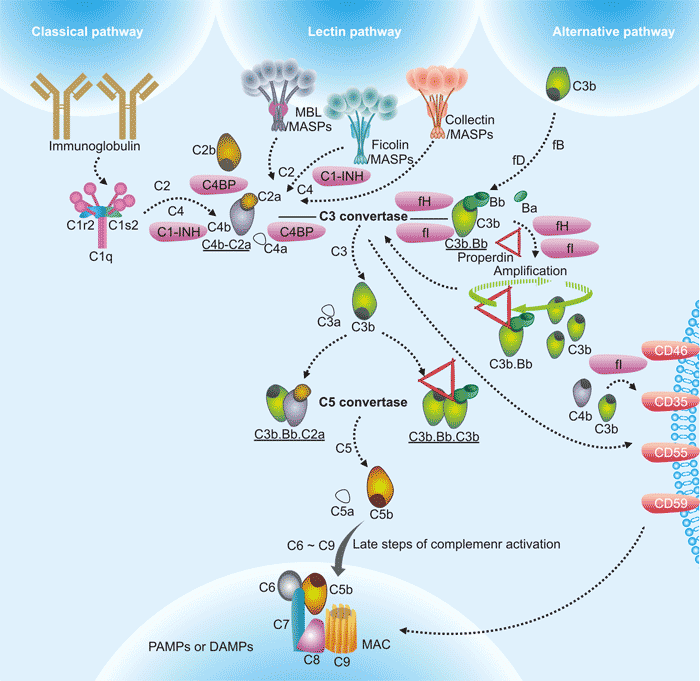

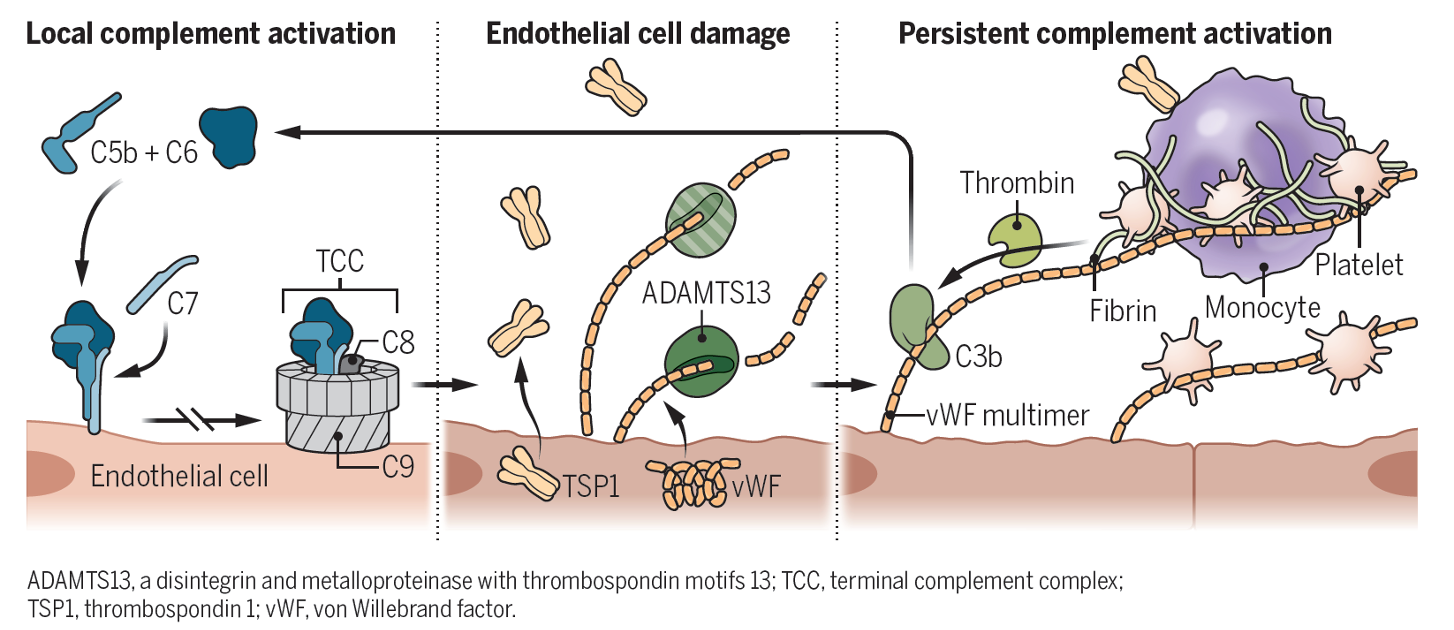


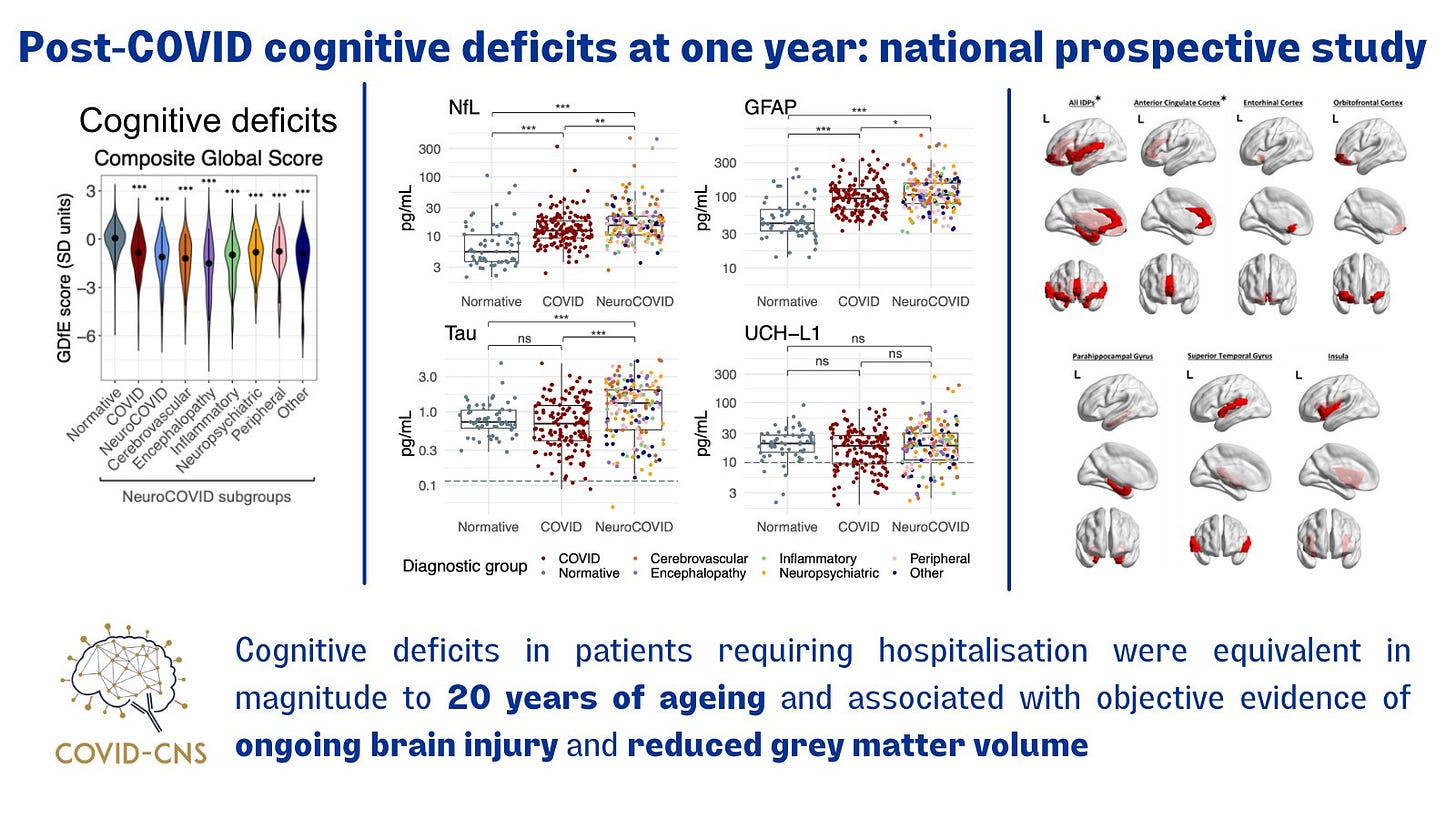
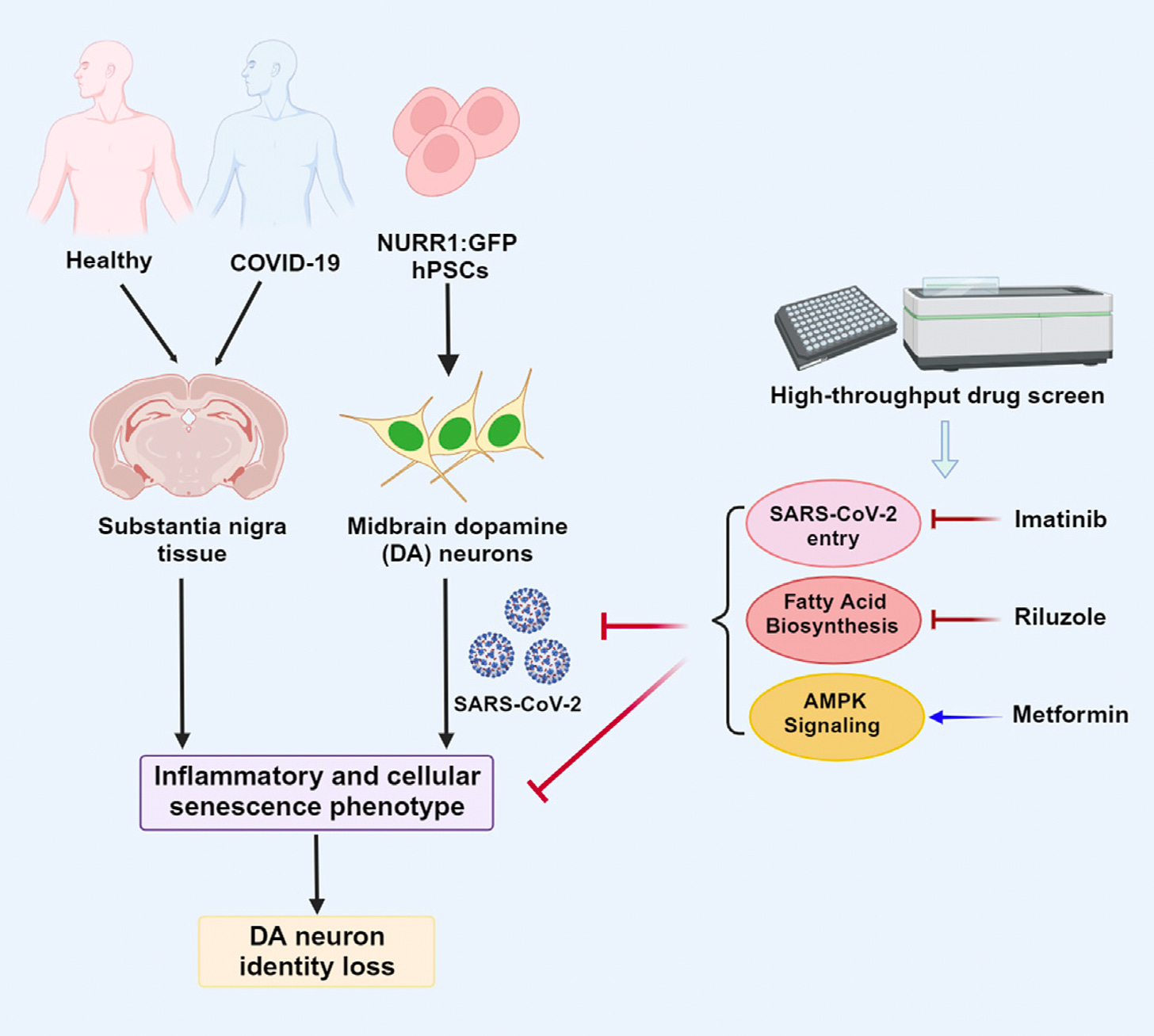


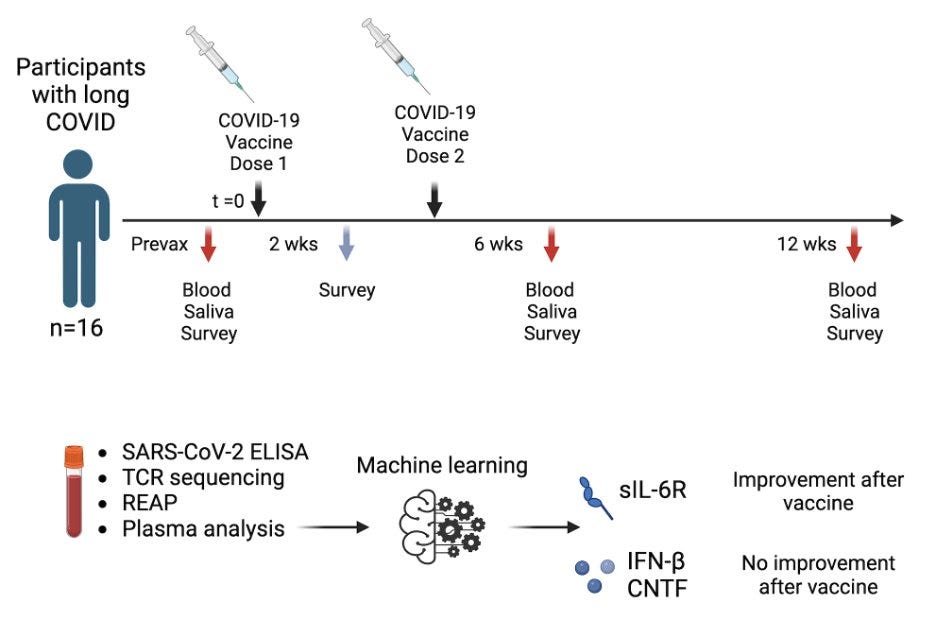

Dr Topol, I am so grateful for your dedication to help address the suffering of people with long covid and ways to reduce its future incidence. This collection of crucial information surrounding long covid is invaluable.
According to Dr. Vinay Prasad on his recent substack post, a colleague said to him, "“These people (those who are still taking precautions such as masking) are wrong and delusional. They are out of touch with reality. Normal people don’t care about COVID anymore. They have forgotten. The more you talk about it, the more you validate that it is something worth talking about. We shouldn’t test for it, or do anything about it. Long COVID is functioning primarily to earn hospitals money from their dubious clinics. The best thing we can do is to move on with life.” I think there are quite a few doctors who think this way, but I'm not sure of the percentage. I hope this data will change their minds, but I doubt it, as minds are never easily changed. Keep up the good work and I hope they find a cure for ALL post-viral syndromes.